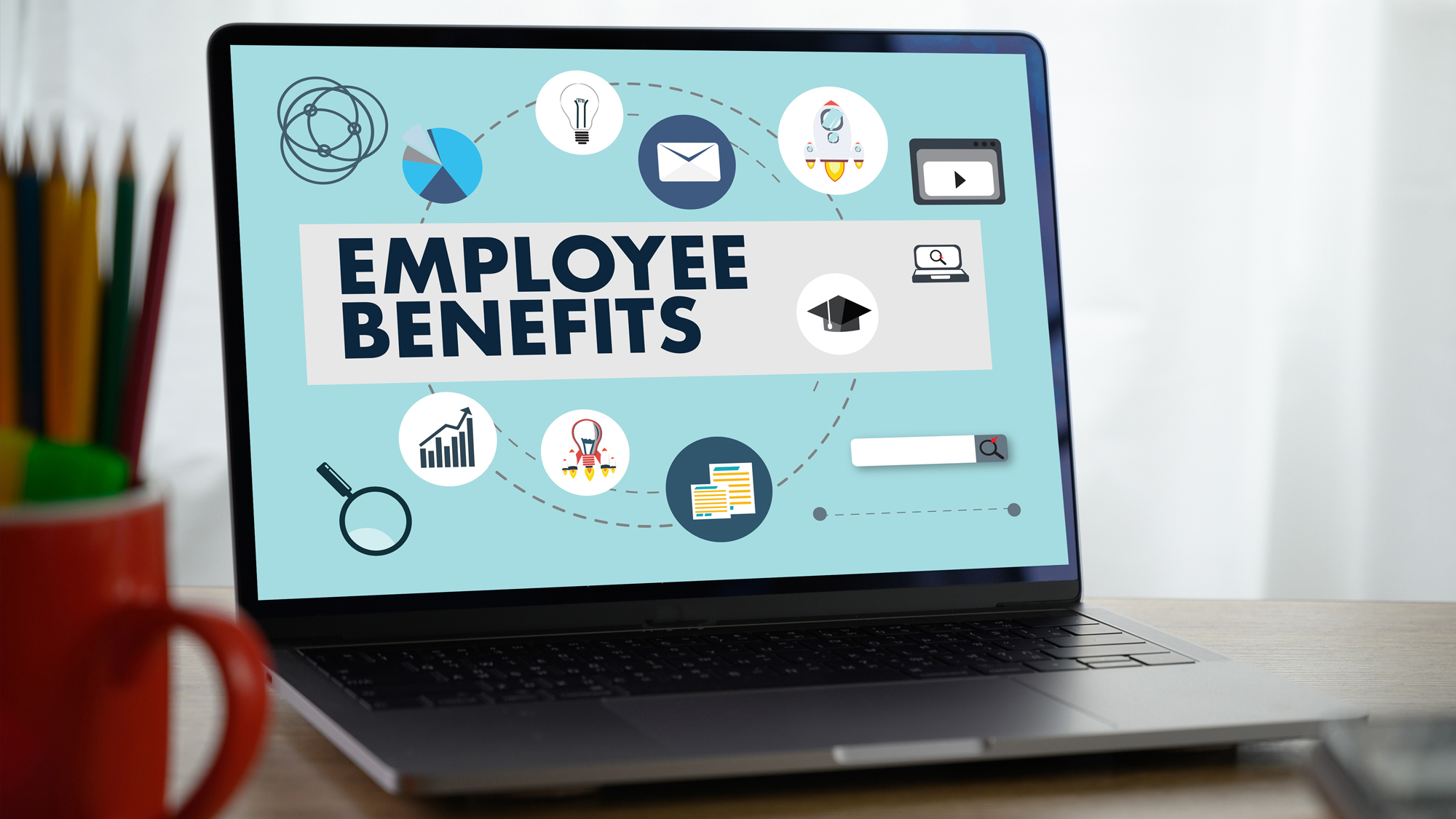Companies cut back on benefits
And more of the week's best financial insight

A free daily email with the biggest news stories of the day – and the best features from TheWeek.com
You are now subscribed
Your newsletter sign-up was successful
Here are three of the week's top pieces of financial insight, gathered from around the web:
Interest rates clobber small caps
Small-cap stocks have fallen way behind bigger peers, said Hardika Singh and Jack Pitcher in The Wall Street Journal. "The S&P 600, an index of small companies with an average market value of $1.8 billion," has rebounded somewhat on bets the Federal Reserve is done raising interest rates. However, it still "trails its large-cap counterpart by the widest margin in a calendar year since 1998," returning just 0.1% this year compared with 17% for the S&P 500. Higher rates have hurt smaller companies more than their larger peers, who can lock in borrowing costs years earlier. "Interest expenses have surged" for those not so fortunate. TV broadcaster E.W. Scripps said the $57 million it paid in interest in the third quarter exceeded its operating income.
Companies cut back on benefits
Employee perks are hitting the chopping block, said Irina Ivanova in Fortune. Tuition assistance, charitable-gift matching and even dental insurance are starting to be retracted from offers, according to a Glassdoor analysis of workplace trends. "Mobile phone discounts, which were available at a majority of employers six years ago, have fallen off a cliff." Same with gym memberships, "which were all the rage among tech-sector employers in 2019." Companies are looking to cut costs in a tight monetary environment and more benefits are coming under scrutiny. But not everything. Glassdoor found that "benefits that focus on family — including adoption or fertility assistance and parental leave — have grown sharply." Offering these policies can be "surprisingly cheap," since they’re used by only a small portion of employees.
The Week
Escape your echo chamber. Get the facts behind the news, plus analysis from multiple perspectives.

Sign up for The Week's Free Newsletters
From our morning news briefing to a weekly Good News Newsletter, get the best of The Week delivered directly to your inbox.
From our morning news briefing to a weekly Good News Newsletter, get the best of The Week delivered directly to your inbox.
Short sellers team up with regulators
Short sellers earn cash on the side as Wall Street whistleblowers, said Austin Weinstein in Bloomberg. Big-name short sellers such as Nate Anderson, the founder of Hindenburg Research and Carson Block of Muddy Waters have been sharing some of their bombshell research with the Securities and Exchange Commission’s whistleblower office. "If the SEC investigates and levies a fine" over $1 million, whistleblowers "can collect up to 30 percent of the proceeds." Tipping off the agency doesn’t preclude short sellers from making money by betting against a company’s stock. "Some SEC officials are queasy about using material from short sellers," but it does make their job easier. "A good short report can cut months or years off of an investigation."
This article was first published in the latest issue of The Week magazine. If you want to read more like it, you can try six risk-free issues of the magazine here.
A free daily email with the biggest news stories of the day – and the best features from TheWeek.com
-
 What are the best investments for beginners?
What are the best investments for beginners?The Explainer Stocks and ETFs and bonds, oh my
-
 What to know before filing your own taxes for the first time
What to know before filing your own taxes for the first timethe explainer Tackle this financial milestone with confidence
-
 The biggest box office flops of the 21st century
The biggest box office flops of the 21st centuryin depth Unnecessary remakes and turgid, expensive CGI-fests highlight this list of these most notorious box-office losers
-
 Currencies: Why Trump wants a weak dollar
Currencies: Why Trump wants a weak dollarFeature The dollar has fallen 12% since Trump took office
-
 Elon Musk’s starry mega-merger
Elon Musk’s starry mega-mergerTalking Point SpaceX founder is promising investors a rocket trip to the future – and a sprawling conglomerate to boot
-
 TikTok: New owners, same risks
TikTok: New owners, same risksFeature What are Larry Ellison’s plans for TikTok US?
-
 Trump wants a weaker dollar, but economists aren’t so sure
Trump wants a weaker dollar, but economists aren’t so sureTalking Points A weaker dollar can make imports more expensive but also boost gold
-
 Will SpaceX, OpenAI and Anthropic make 2026 the year of mega tech listings?
Will SpaceX, OpenAI and Anthropic make 2026 the year of mega tech listings?In Depth SpaceX float may come as soon as this year, and would be the largest IPO in history
-
 Leadership: A conspicuous silence from CEOs
Leadership: A conspicuous silence from CEOsFeature CEOs were more vocal during Trump’s first term
-
 Ryanair/SpaceX: could Musk really buy the airline?
Ryanair/SpaceX: could Musk really buy the airline?Talking Point Irish budget carrier has become embroiled in unlikely feud with the world’s wealthiest man
-
 Powell: The Fed’s last hope?
Powell: The Fed’s last hope?Feature Federal Reserve Chairman Jerome Powell fights back against President Trump's claims